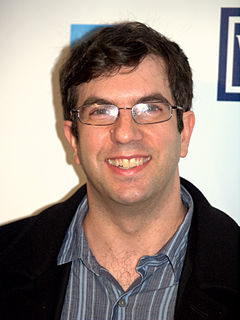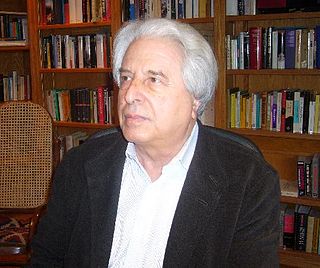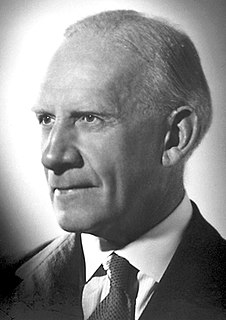A Quote by David Novak
It was in the early 1960s that my late revered teacher, Professor Abraham Joshua Heschel, became the first major Jewish theologian in America to enter into dialogue with Christian theologians on a high theological level.
Related Quotes
Susannah Heschel's The Aryan Jesus is a brilliant and erudite investigation of the convergence between major trends in German Protestantism and Nazi racial anti-Semitism. By concentrating on the history of the Institute for the Study and Eradication of Jewish Influence on German Religious Life, Heschel describes in forceful detail the Nazification of all aspects of Protestant theology, including the Aryanization of Jesus himself. This is a highly original and important contribution to our understanding of the Third Reich.
If you take a look at places like Harvard, it's striking. In the early ,50s, I think there were a handful of Jewish professors, three or four. But by the 1960s, there were Jewish deans and administrators. In fact, one of the reasons why MIT became a great university was because they admitted Jews whereas Harvard did not.
A free theologian works in communication with other theologians...He waits for them and asks them to wait for him. Our sadly lacking yet indispensable theological co-operation depends directly or indirectly on whether or not we are wiling to wait for one another, perhaps lamenting, yet smiling with tears in our eyes.
There's a really wonderful book called "Man Is Not Alone" by Abraham Joshua Heschel, which makes the case that everybody is religious. You know, we've just been sort of too vigilant about our terminology and our definitions and too precious about it. But there's nobody who is indifferent to the experience of standing in front of an ocean at night. There's nobody who is indifferent to the feeling of, you know, lying on your back and looking up at the night sky.



































